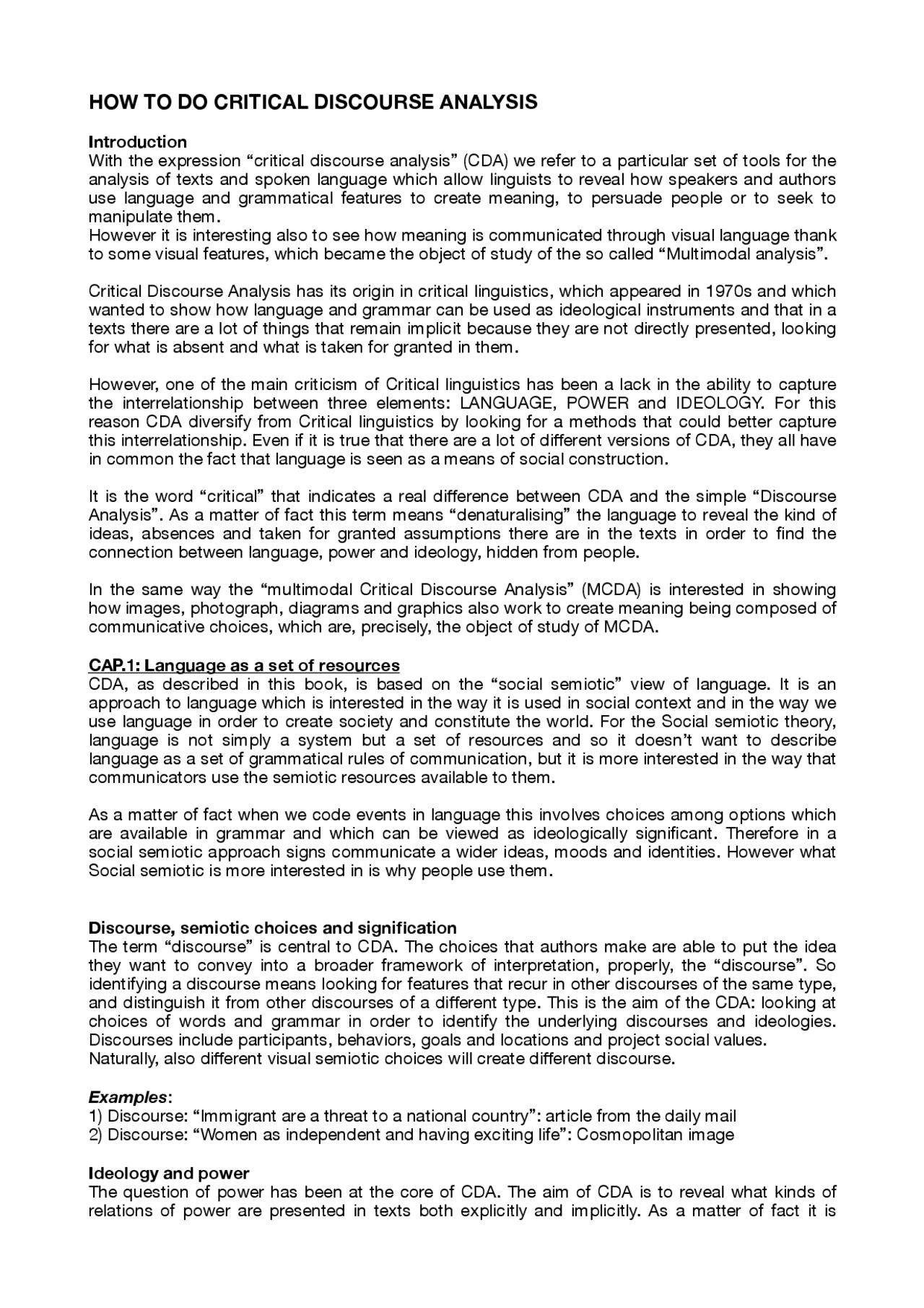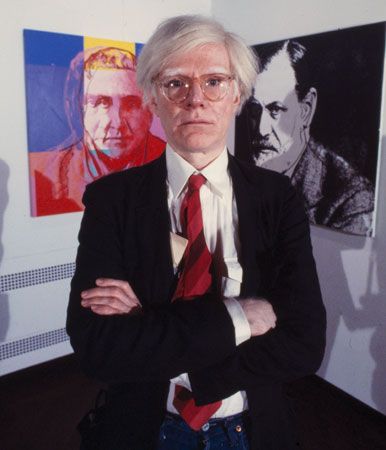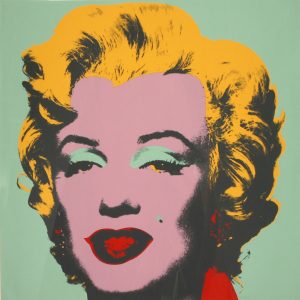
Folklore refers to the collective collection of cultural traditions that are shared among people. These include stories, jokes, and proverbs. It also refers to mythical creatures. Folklore can be a valuable tool in understanding the culture within which we live.
Myths
Myths are stories based on the supernatural world. They tell stories of animals, nature phenomena, and deities. They also tell stories about deities and their love affairs, family relationships and victories as well. They can also refer to ritual or ceremonial paraphernalia including tabus, and other sacred objects. It does not matter from where it came, but myths often play an important role when traditions are formed.

Legends
Legends in folklore refer to stories shared by people from different cultures. They were originally meant to be oral stories, often with moral and historical principles. The word "legend" is closely related to the Old Russian word "tradition," which comes from the verb "to transmit." Originally, legends were differentiated by their assessment of events according to religious norms.
Mythical creatures
Mythical creatures in folklore represent different qualities that help us in our daily lives. They can bring out our emotions and signal that something needs to be done. They can encourage us to be more imaginative and open-minded, for example. They can also be used as symbols for power and wisdom.
Storytelling
Folklore can be described as storytelling that occurs in a community. Folklore often addresses experiences and events that are common to everyone. These stories often tell the story from the point of view of the characters. Folk tales may describe natural disasters (e.g floods) or the origin of an object or place. Others are based on superstitious beliefs.
Festivals
Festivals play a significant role in cultural life in many countries. As a cultural event, they can be sacred, secular, social, political, and even humorous. They might be a relic from earlier times in some cases. Some are a celebration or relic of past times.

Scope
Folklore, which is an oral tradition of folklore, can sometimes be used to strengthen community cohesion. Folklore transmission was always an inter-personal process. It is a shared experience for the teller and audience.
FAQ
What examples are there of pop culture?
Pop Culture is the 21st century's art form. Pop Culture encompasses all types of popular entertainment: music, film and TV, video games fashion, advertising, comics, and more. In his 1985 book, Amusing Ourselves Too Death (1985), Neil Postman first coined this term. Pop was a method of mass communication using cheap tricks and formulaic techniques to create an illusion that spontaneity and uniqueness.
He said that people don't experience true joy because they are conditioned to look for media experiences that make them feel better than others. He also said that this kind of cultural expression contributed to the decline of critical thinking skills in young adults.
Pop culture can also be referred to by the terms popular culture or consumerism.
Who first coined the term Pop Music
Invented by Frank Zappa. His style of music was described by Frank Zappa using the term pop music.
He stated that he wanted music that was accessible to all. This is why he called the music "pop music".
Zappa also coined the phrase "You know it’s POP when ..."" which refers to something being popular if it is enjoyed by many people. Michael Jackson's Thriller record is one of the most successful.
Zappa's definitions are very different to the present definition of pop music. Pop music encompasses all types of music. Back then, pop music was limited to certain types of music.
What is the popular music culture?
Popular music culture is a dynamic phenomenon that can take many forms.
Popular music culture is defined by its use of certain styles of music (e.g., rock, jazz) and lyrics. It also includes the impact of visual media such as television, fashion and advertising on artists' careers, as well as public perception.
It's also all about how fans interact their favorite artists.
A key element of popular music culture are the "superstars", which are musicians who have achieved fame or fortune.
These legends transcend genres and are cultural icons. Their success has influenced popular music's evolution.
Other elements of popular music culture include:
* The rise in recording technology - from acoustic instruments, to electric guitars, and microphones.
* The inventions and use of the radio and record player;
* The birth of the rock 'n roll era;
* The introduction TV and film
* The introduction of MTV and VH1
* The creation or the Internet.
What is the origin of pop music?
It was an accident. The accident that someone accidentally knocked down a piano in 1920 caused the first song's creation.
The recording company liked the song and decided to release it single.
This became the first recorded hit single.
Pop music has been the most popular form today of musical entertainment.
How can we avoid falling prey to the temptations of pop culture?
We must first recognize when pop music is influencing our lives. We must then make sure we aren't being influenced by pop culture. Here are ways to help you stay away from bad influences:
-
Avoid watching violent shows like Game Of Thrones.
-
Don't spend time surfing the Internet. Instead, read books.
-
Reduce your television viewing. Spend your spare time engaging in healthy activities.
-
Be careful about what you say online. After comments have been posted, they can't be deleted.
-
Be sure to verify that the websites you visit have SSL encryption. Before you give out any personal information, check the websites.
-
Don't let anyone pressure you into doing dangerous things.
Talk to an adult if you feel like you are becoming dependent on pop culture. You can contact your local library, or the National Center For Missing & Exposed Children (1-800-583-LOL).
How do I use pop culture in my marketing strategy?
Understanding pop culture trends is key to understanding how to incorporate it into your marketing strategy.
Let's suppose you wanted to promote the release of a new film. What kind of promotion would you be able to run?
You can create a trailer by using clips from your film. You can even find clips that feature your products and services to include in your trailer.
Maybe you could even make a parody using footage from other films.
If your product or service is closely related to the movie's themes, you can create a campaign that follows the film's storyline. If the movie takes place in outer space, for example, you might advertise a product that aids astronauts to stay healthy while they travel through space.
Promos could be run for businesses that are related to the movie's plotline. You could, for example, offer food samples to customers who purchase tickets to the movie.
What are some examples of pop culture 2021?
The 11th of September 2001 saw the destruction of two airplanes that were hijacked and crashed into New York City's Twin Towers. 9/11 was the day that would change history.
The events of that day have influenced popular culture today. We can see how the event has influenced our lives in many ways.
It includes TV shows like 24, and movies like United 93. This tells the story about what happened on the flight from Boston (Mass.) to Los Angeles (Calif.) on 9/11. It also includes books like The Forever War by Dexter Filkins.
We all recall our exact location when we first heard of the attacks. Some people jumped out of their beds and went outside. Others read newspapers or watched TV.
Pop culture is something that changes every year. It reflects society and provides inspiration. How will popular culture change next year? We don't yet know. We know that it will be different from what it was before.
Statistics
- [17][18][19]Definition[edit]According to author John Storey, there are various definitions of popular culture. (en.wikipedia.org)
- According to Dictionary.com, popular culture, or low culture as it is sometimes referred to is comprised of the “cultural activities or commercial products reflecting, suited to, or aimed at the tastes of the general masses of people” (7/21/19). (socialsci.libretexts.org)
- According to Kathryn Sorrells (2013, pp. 142-144), there are several ways that we can become informed consumers of popular culture. (socialsci.libretexts.org)
- For example, the term hater meaning someone who strongly undermines or criticizes others, often due to pathetic jealousy, likely emerged from hip hop culture, such as the term playa hateras, used by influential rapper Biggie Smalls as early as 1995. (simplicable.com)
- Yet a Nielsen study shows they account for 42% of the country's most-watched content on streaming services. courtesy Nielsen (npr.org)
External Links
How To
What are some of the most famous pop culture references you can think of?
Space travel was a popular topic in the 1960s. Star Trek was at the time the most watched TV show.
The original series aired from 1966 to 1969 on NBC. It featured William Shatner in Captain Kirk, Leonard Nimoy in Mr. Spock, DeForest Kelley playing Dr. McCoy and James Doohan playing Scotty. Majel Bart Roddenberry played Uhura. Nichelle Nichols played Lieutenant Nyota Uhura. Walter Koenig portrayed Pavel Chekov. Grace Lee Whitney acted as Yeoman Janice Rand. (Wikipedia)
In 1967, the premiere of the first feature film based upon the series took place. It was titled "Star Trek," released by Paramount Pictures. Robert Wise directed the movie. It featured an ensemble cast that included William Shatner and Leonard Nimoy as well as DeForest Kelley and James Doohan. (Wikipedia)
In 1968, the second season started airing on television. This season focused on the crew traveling back in time to 1969. (Wikipedia)
In 1971, the third season began airing. This season introduced Commander Richard A. Morn, a new character. He was an officer in Starfleet who was born on Earth, 2063. (Wikipedia)
"Star Trek: Planet of the Apes", a live action spinoff was also available during this time. It aired in 1972 and 1974. (Wikipedia)
The television series premiered its fourth season in 1973. Two new characters were introduced in this season's fourth season: Ensign Ro Laren and Lieutenant Ilia. Marina Sirtis was the one who played them both. (Wikipedia)
The fifth season of the TV series premiered in 1975. It was the last series to air before the franchise went out of business. (Wikipedia)
After the television series was canceled, several attempts were made to revive it. One of those was the 1977 pilot episode, "Where No Man Has Gone Before," that failed to find a network partner or studio partner. (Wikipedia)
Star Trek: New Voyages was also animated in 1998. It lasted just 13 episodes. (Wikipedia).
The sixth season of the television series was returned to TV in 2009 after a seven year hiatus. It was titled "Enterprise". It aired five seasons up to 2013. (Wikipedia)
There were also three feature films produced during this era. The first was released in 1979. It was called "Star Trek: The Motion Picture." Nicholas Meyer directed the film. The film starred William Shatner as well James Doohan and Leonard Nimoy. Walter Koenig, George Takei (majel Barrett Roddy), Ricardo Montalban, and Walter Koenig were the directors. (Wikipedia)
The sequels were released in 1982 & 1987, respectively. They were named "Star Trek II, The Wrath of Khan" ("Star Trek III: The Search For Spock") and "Star Trek III: The Search For Spock ("Star Trek III: The Search For Spock). Nicholas Meyer directed them both. (Wikipedia)
In 2001, the seventh season of the television series aired. It was entitled "Encounter at Farpoint". It was the debut episode of the show's era without guest stars. (Wikipedia)
The final episode of the television series aired in 2005. It was called "All Good Things ...".". It was written in Ronald D. Moore. David Livingston directed it. (Wikipedia.)
In 2008, a brand new Star Trek TV show premiered. It was called "Trek Nation". It is currently being shown on CBS. (Wikipedia) "Trek Nation" is a story about a group of people with different backgrounds who join forces to create their version of United Federation of Planets. Their goal is to bring peace and harmony to other planets. (Wikipedia). "Trek Nation", a fascinating concept, shows how different people can come together and make something positive. (YouTube Video)
I think you should read some books about the timeline of Star Trek. Start with Gary Wolfe's book Star Trek Chronology. You can also find many other books online.